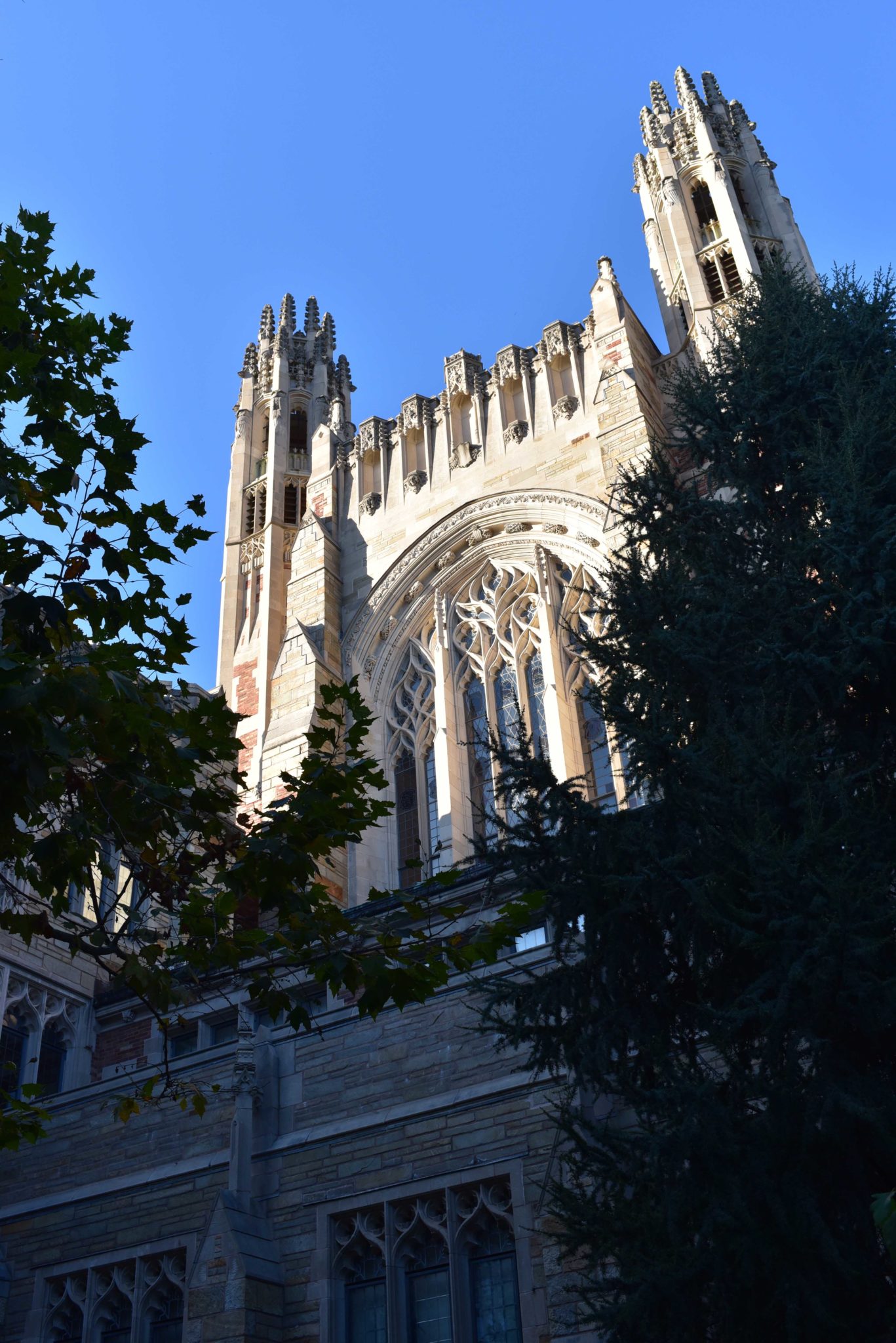
Ryan Chiao
When I told my dad that I had joined the student organization Stand with Comfort Women, he hesitated for a moment before questioning the need to drag an issue that isn’t good for our country, Korea, into the limelight. I was about to tell him that my decisions to take courses on resentment, the politics of memorials and forgiveness were all informed by my interest in the issue. I shut my mouth, though.
“What if it had been me?” I wanted to ask. Most of the comfort women were my age, 20, or younger. Would you still not want to bring attention to the issue because it’s bad for Korea’s reputation?
Let me back up. “Comfort women” is a term for the hundreds of thousands of girls and women who were coerced into sexual slavery by the Imperial Japanese Army during World War II. They were mostly from Korea, China, Taiwan and the Philippines, and the handful of survivors in Korea are now in their late 80s or early 90s. It was only in 1991 that Kim Hak-sun, one of the many comfort women in Korea and a human rights activist, spoke up about her experiences, breaking decades of silence.
Due to the patriarchal atmosphere of Korean society, which emphasizes female purity and often stigmatizes rape victims, many survivors felt compelled to bear the burden alone. When they did speak up, their testimonies were written off by those who questioned their inconsistencies and suspected they were lies.
For this reason, Shusenjo: The Main Battleground of the Comfort Women Issue — a 2018 documentary by Miki Dezaki about comfort women, which was screened to an audience of about 70 people at the Law School on Wednesday with a Q&A session with Dezaki afterward — does not focus on the testimonies of comfort women. Instead, Dezaki interviewed historians and experts on the issue and examined historical documents and international law. In the documentary, he reveals the tactics allegedly used by Prime Minister Shinzo Abe’s administration and right-wing politicians in Japan to mislead the public, and outlines what many view as inadequate apologies by the administration toward comfort women.
Shusenjo places this information into the larger context of right-wingers’ belief in Japanese supremacy and prejudice against Koreans; Abe’s ambitions to militarize Japan; and a pattern of denying historical atrocities committed by the Japanese military, including the Nanking Massacre.
Notably, Dezaki also examines how the issue of comfort women relates to America’s history of foreign intervention. The documentary discusses American interests in having its two allied countries in East Asia, Japan and Korea, reconcile to serve as a check on the Soviet Union and China, despite unresolved historical issues stemming from Japan’s colonial occupation of Korea. This particular history is not conventionally addressed in conversations about the comfort women, and its presence in the documentary reflects Dezaki’s unique position as a Japanese American.
It becomes apparent that this documentary is not trying to pull at viewers’ heartstrings, although the few snippets of interviews with survivors do show the extent of emotional trauma they had to bear. Instead, it picks apart the arguments that right-wingers and revisionists offer and show why they are misleading or inaccurate, ranging from the number of victims to the definition of coercive recruitment.
We live in a post-truth world where facts hold little sway. Admitting that our country has committed atrocities in the past is a hard pill to swallow. It’s uncomfortable. It can be easier to believe that the women are lying or that this is all part of a concerted plan to bring down our country. When we want to hold onto our belief in something, facts proving otherwise will do little to change our mind.
And yet it is important to remember that we are not our country. This is how my sister responded to my dad when he said he wondered if bringing attention to this issue was bad for Korea. As individuals, we are free to turn a critical eye on the communities we belong to and speak up for ourselves. This week, I witnessed hundreds of Yale students gather on Cross Campus to demand that Yale divest from the fossil fuel industry and Puerto Rican debt, and this was only possible because we know that although we are part of this institution, we are also separate from it.
The numerous Japanese historians, activists and members of the public who stand with comfort women are a testament to this fact as well. This issue is not a battle between Korea and Japan. Fueling anti-Japan sentiment in Korea is neither productive nor justifiable. Instead, both Koreans and Japanese should mobilize to pressure the Abe administration to take legal responsibility and follow through with its apology by including the comfort women issue in classrooms and textbooks and discontinuing the Prime Minister’s visits to the Yasukuni shrine.
I think about Brett Kavanaugh’s nomination to the Supreme Court despite Dr. Christine Blasey Ford’s testimony of sexual assault. I think about the depressing prevalence of gender violence and wartime sexual violence. I think about Kim Bok-dong, one of the comfort women and a human rights activist who passed away this January. This is a human rights issue that affects not only Korea but everyone in the world.
Eui Young Kim | euiyoung.kim@yale.edu .







